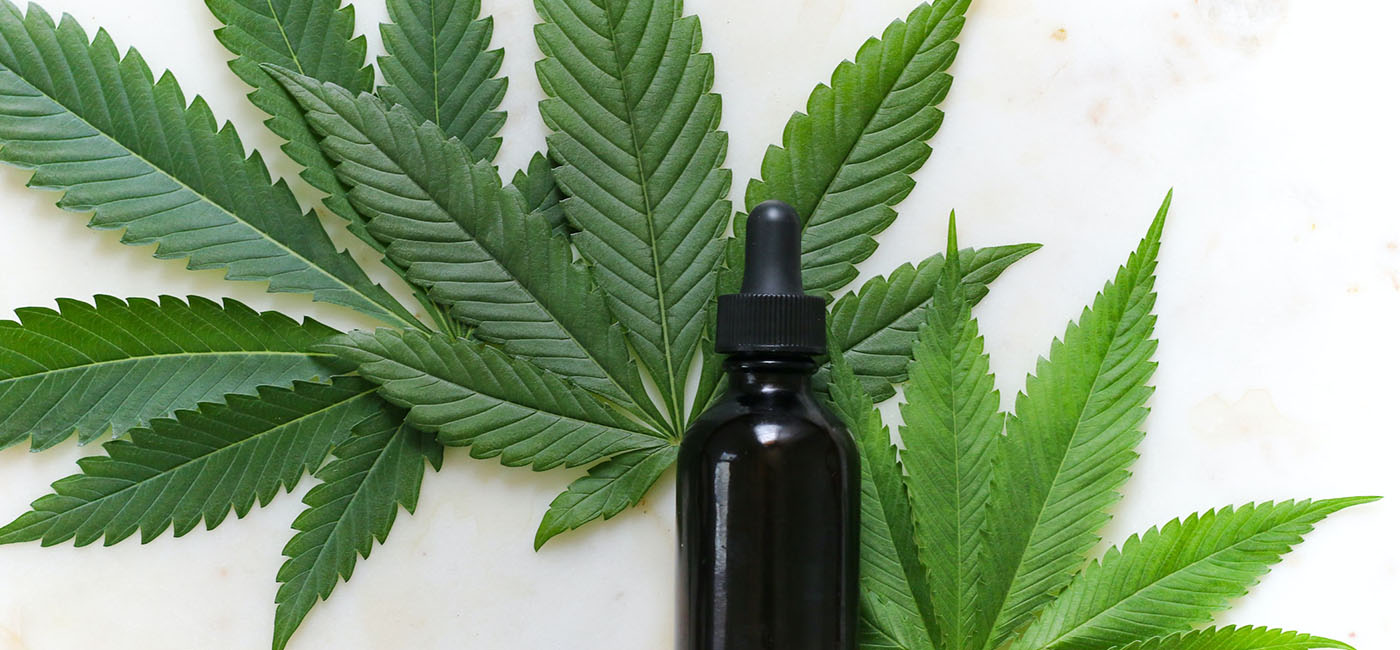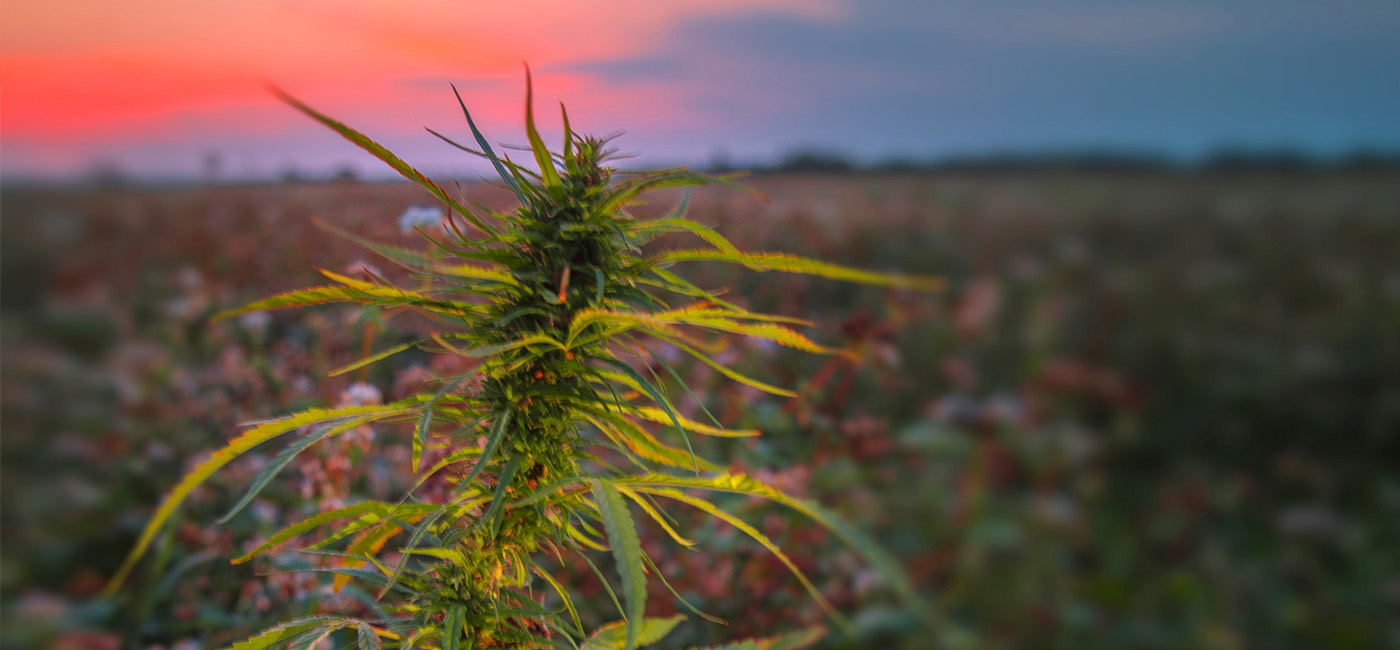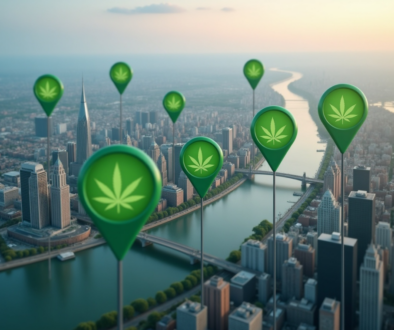CBD, Hemp, Medical Cannabis: Navigating Texas’ Evolving Cannabis Landscape
Cannabis and hemp, derived from the same plant, can be hard to tell apart by sight or smell. But their legal paths are quite different: hemp is legal, while cannabis is still illegal.
In 2019, Texas passed a law that made hemp legal but kept cannabis illegal. This has caused confusion across the state. Some forms of the cannabis plant are now legal in Texas, while others remain in a legal gray area. This has led to a complex situation for cannabis-related cases, with enforcement varying depending on where you are in the state.
An attempt to align Texas law with a federal decision in 2018 (the Farm Bill) that legalized hemp while keeping cannabis illegal has added to the confusion.
So, this is the current situation in Texas – a place where hemp, cannabis, and CBD intersect and differ in various ways.
Cannabis, Hemp, and CBD: Sorting Out the Differences
Cannabis and hemp look and smell very similar, but they have one key difference: the amount of THC, which is the compound that makes you feel high.
In Texas, anything with a THC concentration above 0.3% is considered cannabis. Anything below that is considered hemp.
CBD, which doesn’t make you high, has become popular. It’s allowed in Texas as long as the THC content is below 0.3%. People say it can help with anxiety, depression, and insomnia. But the U.S. Food and Drug Administration is cautious and has only approved one CBD drug for certain types of epilepsy.
Understanding the Current Situation
Using or having cannabis is still against Texas law – a law that’s been around since 1931. However, there’s been a shift in how hemp is treated.
Since this change, law enforcement and forensic labs have had difficulties dealing with dropped cannabis charges and new cases. They struggle to measure the exact amount of THC, which is needed as evidence to prove if a substance is illegal.
Despite what Governor Greg Abbott and officials say about not decriminalizing cannabis, there has been a 50% drop in cannabis-related prosecutions within six months of the law change, according to data from the Texas Office of Court Administration.
When it comes to medical cannabis, Texas has reluctantly allowed limited access. The Texas Compassionate Use Act, signed in 2015, allows people with epilepsy to use cannabis oil with less than 0.5% THC. A newer law, House Bill 3703, expanded the list of conditions that qualify.
Different Approaches to Enforcement: How Things Vary
Eleven states and the District of Columbia have legalized recreational cannabis, but they regulate its use and possession without criminal consequences.
In Texas, people caught with small amounts of cannabis for recreational use can still face criminal charges. They might be fined over $1,000 and even get jail time.
A Range of Hemp Ventures
The changes in the law have created an environment where Texans don’t need to worry about having hemp, which has opened the door for CBD businesses to grow.
Industry experts are struggling to determine the exact number of new CBD businesses in Texas because the state’s health department hasn’t yet established licensing rules. But there’s a clear increase.
However, putting the law into practice hasn’t been smooth. In 2022, an Amarillo resident spent a month in jail after being arrested for transporting cannabis. Lab tests confirmed it was legal hemp, but regulatory confusion led to his arrest. This shows the ongoing challenge of regulating and training law enforcement.
Different Approaches in Counties
Regardless of political affiliation, Texas prosecutors have generally been dropping charges for low-level cannabis possession and avoiding new cases.
Even before the hemp law, several counties had already stopped arresting people for small cannabis amounts. Instead, they might offer programs or issue citations.
Recently, the Texas Department of Public Safety changed its approach, preferring citations over arrests for small cannabis possession. Still, a conviction could mean a year in jail and a $4,000 fine.
Austin’s city council also decided to stop arrests, fines, and funding for testing small cannabis possession cases. Police responses vary, and actions that were once penalized are now treated without penalties.
Image: Texas Governor Greg Abbott
The Quest for Legalization: A Challenging Journey
Representative Joe Moody introduced House Bill 63 in 2022 to make cannabis possession a low-level offense. It passed the House but was rejected by the Texas Senate.
Public Opinion
Most Texans are in favor of some form of cannabis legalization. A poll from the University of Texas and the Texas Tribune showed that over 80% support some kind of legalization, whether for medical purposes, small amounts, or unrestricted use.
As Texas navigates its cannabis journey, it could potentially become as significant as California’s market in creating new profitable businesses, creating good-paying jobs, not to mention healing people. Texas’s dynamic cannabis landscape deserves close attention as it continues to evolve.
Download our Latest Ebook Cannabis Finance 360° With 420CPA Volume 2: The Texas Edition to learn more about the evolving landscape of cannabis in Texas.







